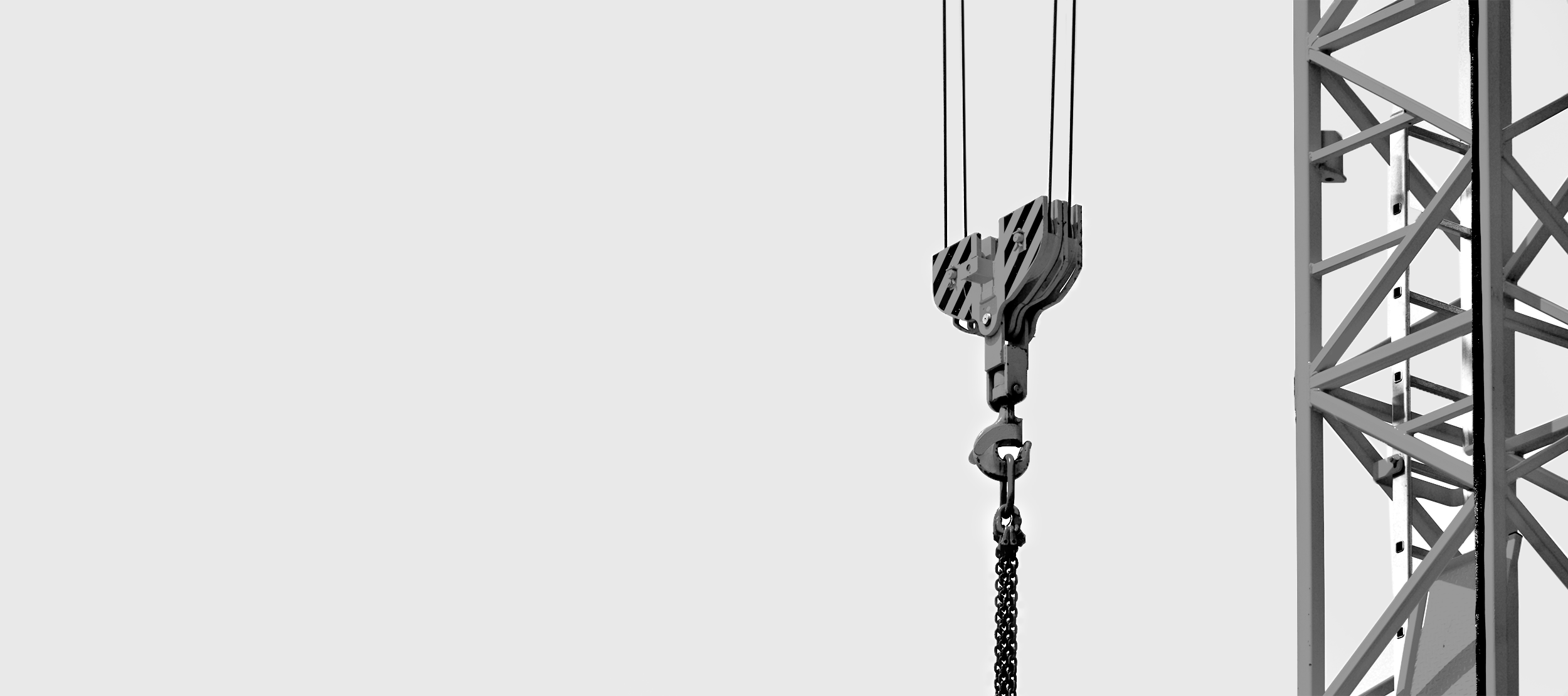
Skip to Filters
-
Jul 10th, 2025
-
Jul 2nd, 2025
-
Jun 25th, 2025
-
May 19th, 2025
-
Mar 25th, 2025
-
Feb 10th, 2025
-
Nov 18th, 2024
-
Nov 18th, 2024
-
Nov 4th, 2024
-
Sep 16th, 2024
-
Aug 1st, 2024
-
Jul 10th, 2024